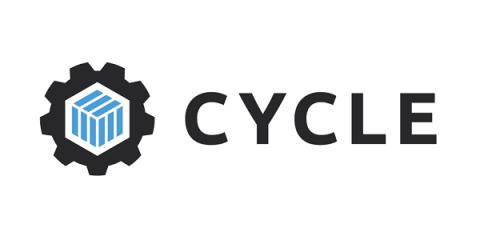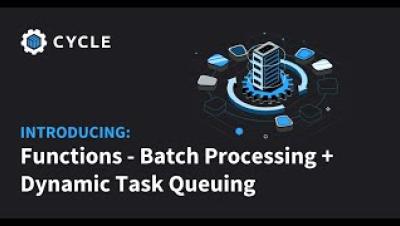Three Common Ways Cycle Pays for Itself
In today's competitive and uncertain tech landscape, engineering organizations are constantly seeking ways to optimize costs without compromising on performance. Efficient resource management and cost reduction have become crucial for businesses aiming to stay alive and ahead. At Cycle, our goal is to offer a robust solution that enhances efficiency while delivering significant cost savings to our users.




